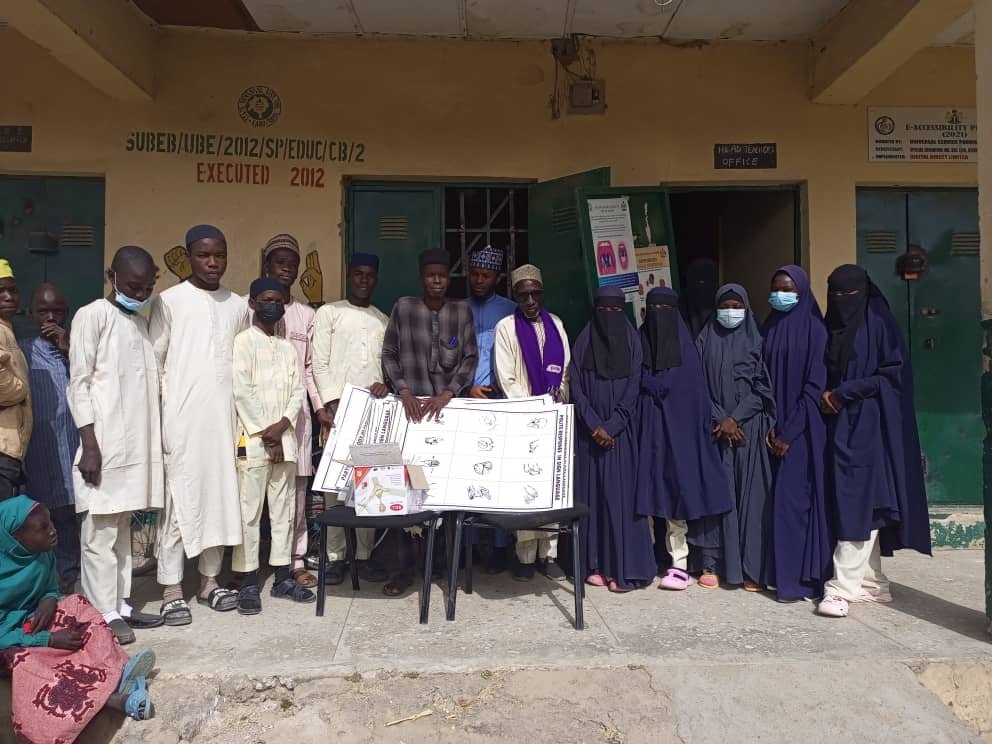
Nigerian Disability Education: Urgent Need for Inclusivity and Religious Education
In Nigeria, the plight of people with special needs (PwSN) remains starkly under-addressed, notably in education and religious teachings. This is exacerbated by inadequate funding and a severe lack of resources and facilities, amplifying challenges faced by this community.
A staggering narrative emerged as a 27-year-old born Muslim living with special needs was introduced to Prophet Muhammad Sallallahu ‘alayhi wasallam for the first time in a special school session. This revelation underlines a glaring absence of religious education accessible to PwSN. Discrimination against PwSN in Nigeria is deeply ingrained within societal perceptions and systems. The neglect spans education, employment, and public infrastructure, pushing PwSN toward dependence on street begging as a means of survival.
Advocacy groups and NGOs have made attempts to alter these perspectives and support PwSN, yet societal perceptions linger. The majority of Nigerians continue to view PwSN as incapable beggars, reinforcing a cycle of social exclusion and dependency.
However, glimmers of hope have emerged through initiatives like the Adolescent Health and Information Projects (AHIP) and Markaz Ihyaahi Sunnah Waikhmaadi Bid’ah’s donation of educational materials to special schools. These efforts seek to bridge the educational gap and empower PwSN through enhanced accessibility to learning tools, particularly in religious studies such as sign language for Quranic teachings.
The essence of inclusive education, allowing both disabled and nondisabled students to access the same educational resources under equitable conditions, remains an unfulfilled promise in Nigeria. Although the constitution ensures rights for PwSN, implementation and enforcement fall short. For true inclusivity, essential teaching materials, infrastructure, and resources are imperative. Without these, teachers are ill-equipped to provide quality education to students with special needs.
Ustadh Ibraheem Amosa (Albany) highlights the neglect of Islamic teachings for PwSN and calls for specially funded sessions in schools with qualified teachers and infrastructure for Quranic education. His advocacy underscores the urgency to develop tailored models for Quranic teachings catering to learning disabilities. Nigeria’s government faces the challenge of translating its rhetoric into tangible policies and action. The aspiration for inclusive education demands not only political commitment but enforceable policies ensuring equal educational opportunities for all, including those living with special needs.

